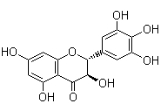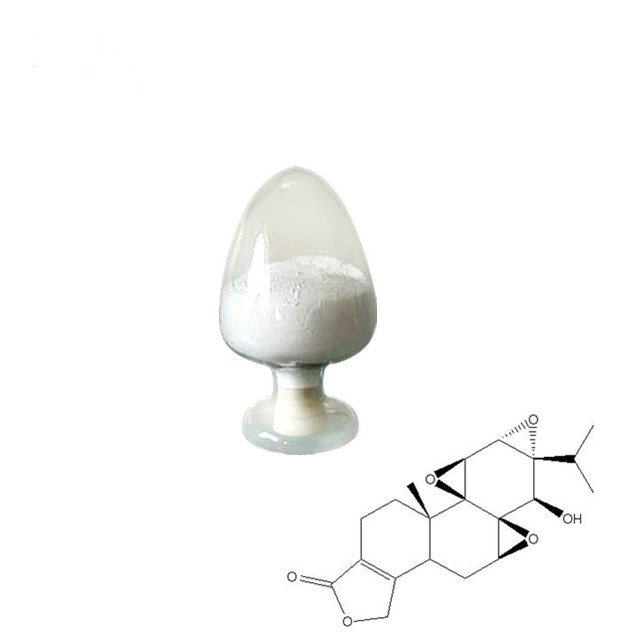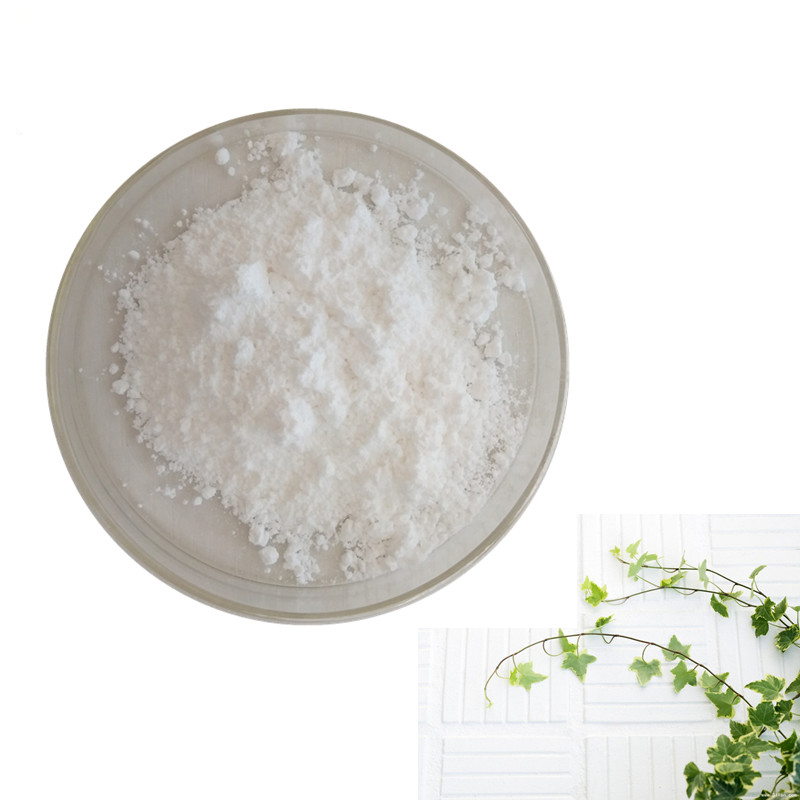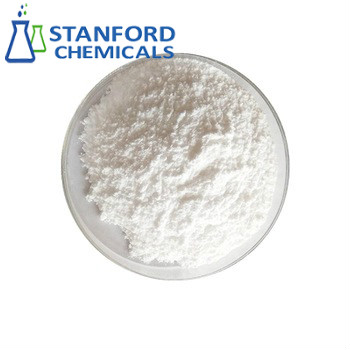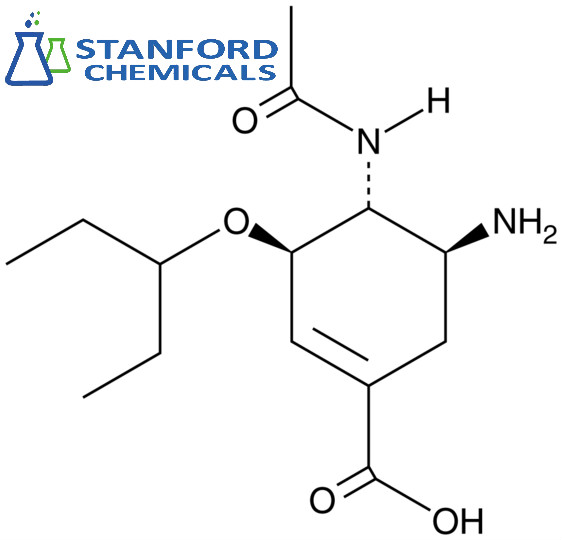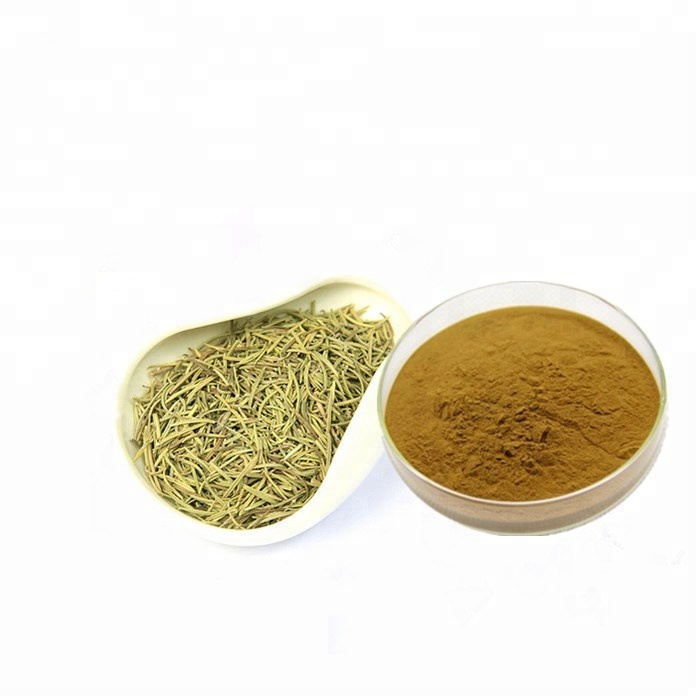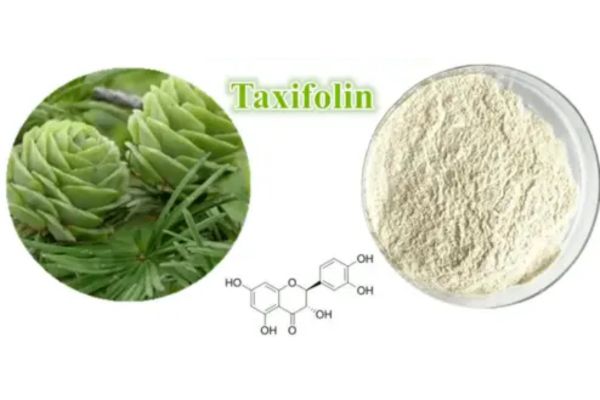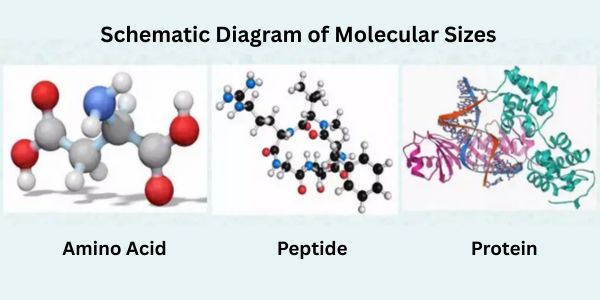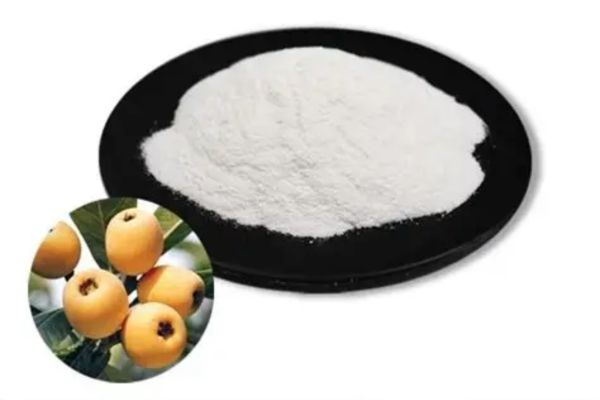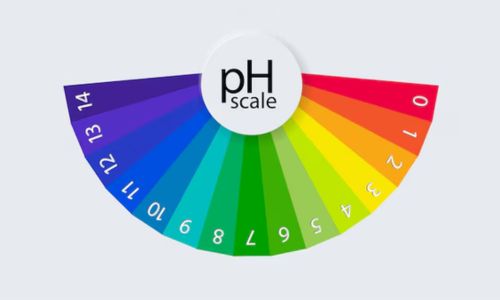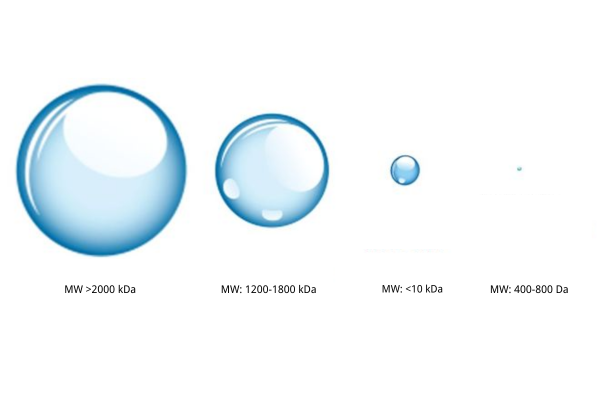Introduction
Dihydromyricetin (DHM) has emerged as a subject of growing interest in clinical research due to its diverse pharmacological properties and potential therapeutic applications. Current investigations are shedding light on its promising implications across various health conditions. This condition paves the way for potential clinical uses and future directions in medical practice.

Research and Innovations
This article is going to discuss the features and uses of DHM. Hope that you can have a better comprehensive understanding.
What Is Dihydromyricetin (DHM)?
Dihydromyricetin (DHM) is a natural flavonoid compound. It is derived from certain plant sources, notably from the Hovenia Dulcis tree. It's recognized for its various pharmacological properties and has gained attention for its potential health benefits. DHM possesses several notable characteristics:
- Antioxidative Properties: It exhibits strong antioxidative effects, so it helps to neutralize free radicals in the body, and reduces oxidative stress and potential cell damage caused by reactive oxygen species.
- Anti-inflammatory Activity: DHM demonstrates anti-inflammatory properties. Thus, it may help alleviate inflammation-related issues by modulating the body's inflammatory responses.
- Hepatoprotective Effects: It's been studied for its potential to protect the liver from damage caused by toxins or alcohol consumption. DHM shows promise in supporting liver health and mitigating liver damage.
- Metabolic Effects: Recent research indicates DHM's role in influencing metabolic processes. It's being investigated for its potential in regulating glucose metabolism, improving insulin sensitivity, and its effects on lipid metabolism.
Further research is ongoing to ascertain its effectiveness and optimal usage in clinical settings. Related reading: DHM Dihydromyricetin: The Hangover Helper You Need
What Are the Clinical Uses of Dihydromyricetin (DHM)?
The clinical uses of DHM are still being extensively researched and explored. Ongoing studies and preliminary research suggest several potential clinical uses for DHM:
--Metabolic Disorders:
DHM is able to regulate metabolic parameters. That has attracted attention in addressing conditions like diabetes, obesity, and dyslipidemia. Clinical studies exploring its impact on insulin sensitivity, glucose regulation, and lipid metabolism are underway. It also has potential as an adjunct therapy for managing metabolic disorders.
In the realm of diabetes, early research has shown promising outcomes related to DHM’s influence on insulin sensitivity. Studies suggest that DHM might assist in enhancing insulin sensitivity, a critical aspect of managing diabetes. By potentially improving the body’s response to insulin, DHM could offer a pathway toward better glycemic control and, in turn, help regulate blood sugar levels more effectively.
Moreover, investigations into DHM’s effects on glucose regulation have yielded intriguing results. Preliminary studies hint at its ability to modulate glucose metabolism, potentially contributing to maintaining optimal blood glucose levels. This avenue of research presents a promising prospect for individuals grappling with diabetes or those at risk of developing the condition.
--Liver Health:
There is much more research focusing on DHM’s effects on liver-related issues, particularly non-alcoholic fatty liver disease (NAFLD) because DHM has the capacity to mitigate hepatic steatosis and reduce inflammation in the liver. Clinical trials investigating its role in liver health and potential applications in liver disease management are ongoing.
NAFLD is a prevalent liver condition. NAFLD is characterized by the accumulation of fat in the liver cells. This condition often occurs in individuals without excessive alcohol consumption. DHM has emerged as a potential therapeutic agent due to its observed effects on mitigating hepatic steatosis. Preliminary research suggests that DHM might hold promise in reducing the buildup of fat in liver cells, which is a crucial step in managing NAFLD.
Moreover, the compound’s anti-inflammatory properties have been of particular interest in the context of liver health. Inflammation plays a pivotal role in the progression of liver diseases, including NAFLD. DHM’s potential to reduce inflammation in the liver has sparked clinical trials aiming to delve deeper into its mechanisms and effectiveness in attenuating liver inflammation.
--Anti-inflammatory Properties:
DHM's anti-inflammatory characteristics have implications for conditions associated with chronic inflammation, such as metabolic syndrome and related disorders. Clinical studies aim to elucidate its impact on inflammatory markers and its role in reducing systemic inflammation.
--Neuroprotective Potential:
Preliminary research suggests DHM's neuroprotective properties. That means it has the potential to address neurological conditions. Clinical investigations focusing on its effects on neurodegenerative diseases and cognitive health are in progress, exploring its possible therapeutic role.
--Safety and Tolerance:
Ongoing clinical trials are assessing DHM's safety profile, including its dosage, potential side effects, and long-term safety. Understanding its pharmacokinetics and ensuring its tolerability in various patient populations is critical for its clinical translation. However, while the findings above are promising, comprehensive clinical trials elucidating DHM's efficacy, safety profile, and optimal usage in varied patient populations are still needed for clinical practice. Continued research endeavors will shape its potential as a valuable therapeutic tool in addressing a spectrum of health conditions.
Conclusion
Dihydromyricetin (DHM) stands at the forefront of clinical exploration due to its various pharmacological properties and therapeutic applications. As research continues to unravel its diverse mechanisms and effects, DHM shows promising prospects across various health conditions. Its antioxidative, anti-inflammatory, hepatoprotective, and metabolic-regulatory attributes have sparked keen interest in the medical community.
Stanford Chemicals Company (SCC) exclusively offers top-tier Dihydromyricetin (DHM) and firmly backs our product's quality. Our DHM is produced within the United States. These products undergo rigorous testing protocols to ensure unmatched purity and effectiveness. Feel free to reach out to us if you're interested.


